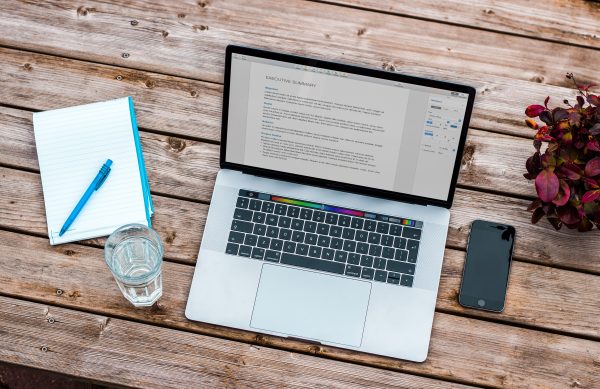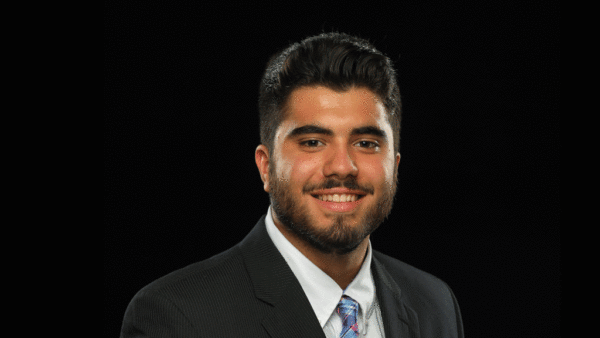“We would like to schedule an interview with you.”
If you’re like me, that phrase both excites and scares you all at the same time. Maybe it scares you more than excites you. After all, this is your future we’re talking about. What if you say the wrong thing? What if you can only think of a horrible cliché to describe your weaknesses?
Interviewing can be intimidating if you go in unprepared. To help you better prepare, here are four elements of a great interview:
Conduct yourself professionally.
Be punctual. Plan to arrive to the interview about 10 minutes early. You will show that you care about punctuality without appearing overeager.
Be confident. When you meet the interviewer, make sure you have a nice firm handshake that says, “I care, and I’m confident.” Likewise, conclude with a firm handshake and show appreciation for their time no matter how the interview seemed to go.
Be prepared. Don’t forget to bring two sharp copies of your resume to the interview—one for the interviewer and one for you. You may also want to have an extra copy on hand just in case there is more than one interviewer.
Be polite. Let the interviewer lead the conversation. He or she may start with some small talk, so go with it, but don’t drag it out unnecessarily and awkwardly.
Plan a strong introduction and conclusion.
Before you go, prepare your talking points and plan your “elevator pitch”—a persuasive argument short enough to be given on an elevator ride.
Have a general idea, also, of what you are going to highlight regarding how you fit into the job, especially highlights of experiences related to the position. (These will end up being the answer to some of the interview questions, too!)
Also plan how you will close the interview. Closing well is important, as it is what the recruiter will most clearly remember.
Answer common questions ahead of time.
An interviewer could ask any number of questions, and your job is to answer them as effectively as you are able. Questions may include:
“Tell me a little about yourself.”
Don’t tell your whole life story. Highlight experiences that make you a good fit for the company. Use highlights from your resume, but don’t just regurgitate it. Include skills and experiences that are not on your resume.
“Why should we hire you?”
Again, talk about your skills and relate them to the position and the company. Communicate what you bring to the company and how you relate to its values. (If you’ve done your research, you should be ready for this one.)
“What is your greatest weakness (or strength)?”
This can be a tricky one. Be honest but not cliché. Demonstrate how you are improving your weaknesses and how you’ve displayed your strengths.
“How do you deal with pressure or stressful situations?”
Create a narrative from past experience, and use specific examples of how you’ve handled things in the past. Make sure to highlight your problem-solving skills. Be honest. And if you don’t handle stress well, consider how you can improve.
“Do you have any questions for me?”
Whatever you do, have GOOD questions prepared. NEVER say you don’t have any questions. If you’re serious about the company and the position, you should have questions. Even if you think you know what you need to know, ask questions for confirmation.
Good questions include:
- What do you like most about this company?
- What kind of training do you provide or require?
- What are the most important things you’d like to see me accomplish in the first (30, 60, 90) days of employment?
Inappropriate questions are questions about:
- Salary
- Vacation time
- Benefits
- Promotions
- References
Know how your personal brand fits with the company’s mission.
What is your brand—what comes to people’s minds when they think of you? Is it energetic? Thoughtful? Timely? Kind?
Check out what the company values. What is it known for? What are its goals?
Identify ways that your personal brand fits with the company’s values. Then in the interview, demonstrate how you fit in the company’s big picture and what you could bring to the company’s mission.
Whew. You made it through the interview. What now? Send a thank-you note, and plan to follow up after a week.
Now—go nail that interview!







